Hanoi on the first day of implementing a two-level government. (Photo: Thanh Tung/VNA)
To create a legal corridor in this field, the Ministry of Agriculture and Environment issued Decision 2304/QD-BNNMT promulgating administrative procedures in the land sector under the State management scope of the Ministry; in which, the administrative procedures amended, supplemented, and replaced under the management scope of the Ministry of Agriculture and Environment include 48 procedures, including 2 central-level administrative procedures; 32 provincial-level procedures; and 14 commune-level procedures.
According to Decision 2304/QD-BNNMT, the announcement of administrative procedures in the land sector under the State management functions of the Ministry of Agriculture and Environment aims to implement documents on the decentralization of authority of local authorities at two levels, decentralization and decentralization in the land sector; at the same time, implementing administrative procedures under the one-stop, one-stop mechanism at the One-stop Department as well as the National Public Service Portal.
Among the 14 procedures carried out at the commune level, there are procedures related to land registration and certificate issuance such as: Re-determining the residential land area of households and individuals who were granted certificates before July 1, 2004; Correcting the first issued certificates with errors; Revoking certificates issued in violation of land law regulations discovered by land users and owners of assets attached to the land and re-issuing certificates after revocation.
From July 1, Decree 151/2025/ND-CP (Decree 151) regulating the division of authority of two-level local authorities, decentralization and delegation in the land sector takes effect.
Accordingly, the People's Committee at the commune level carries out procedures for registering land and assets attached to land; and grants certificates of land use rights and ownership of assets attached to land for the first time to individuals, residential communities, households, and Vietnamese people residing abroad.
In addition, when receiving applications for land use right certificates, the People's Committee at the commune level does not need to separately confirm the planning status, disputes, and stability of land use as before. The time for first registration of land and assets attached to land is no more than 17 working days; the time for granting certificates is no more than 3 working days.
It can be said that this decentralization will help people save time and money, and not have to travel as much as before. Another new point of Decree 151 is that it allows people and businesses to choose where to submit land registration applications within the province, instead of having to submit them at the place where the land is located.
Previously, the procedures for registration, issuance of land use right certificates and the land information system specified a specific place for submitting documents, linked to the land address. However, since July 1, there is no longer a branch office of the district-level land registration office; instead, the branch is located at the commune-level administrative unit or inter-commune and ward areas, as decided by the Provincial People's Committee.
Thus, people are no longer limited to submitting their applications at the place where the land is located, but have the right to choose any commune in the province, or submit them at the provincial land registration office or commune/inter-commune and ward branches. This helps shorten travel time, reduce the load on crowded reception points, and improve the efficiency of serving people and businesses in the land sector.
Ms. Nguyen Ngoc Trinh (in Tay Ho ward, Hanoi) said that today she went to do the land registration procedure for the first time at the ward. Here, Ms. Trinh realized that the local government had prepared very carefully, so the work and procedures were not interrupted or delayed. Ms. Trinh felt very satisfied with the service of the ward officials.
Sharing the same view, Mr. Bui Van Dung (in Cua Nam ward, Hanoi) said that when he came to do the land registration procedures, he was enthusiastically guided by the ward officials. Mr. Dung commented that this innovation in the way of serving people is truly a big, new step forward.
“We, the people, strongly agree and support this policy, because it helps people complete procedures quickly and conveniently,” said Mr. Dung.
Ms. Nguyen Minh Huong (Chief of Office of Hai Ba Trung Ward, Hanoi) said that in order for the two-level government to be effectively implemented, ensuring connectivity, transparency, accessibility, and focusing on people and businesses, Hai Ba Trung Ward has been proactive in human resources, budget, and database at the grassroots level, especially according to Decree 151, which clearly defines the authority between the People's Council, People's Committee, and Chairman of the People's Committee at all levels in the direction of shifting from "general authority" to "specific authority."
In particular, from July 1, the handling of procedures for granting red books for the first time will only be carried out at the commune level, contributing to strong decentralization, towards land management closer to the people.
With the innovation of the government apparatus implemented at these two levels, not only the people, but also businesses and real estate project investors expect that bottlenecks related to procedures will be completely removed.
Real estate expert Pham Quang Hiep said that unlike other manufacturing industries that can flexibly adjust inputs, real estate is a special field that is directly governed by the legal system and administrative procedures. Meanwhile, up to 80% of the current difficulties of the real estate market come from legal problems.
Mr. Pham Quang Hiep said that in the real estate sector, businesses sometimes have to request dozens of seals to carry out a project. Requesting planning adjustments is also very difficult.
This has led to many consequences such as new projects being delayed in launching, some projects being behind schedule, and being handed over to customers 5 years late just because they have not been granted a construction permit. On the contrary, there are projects that have been granted a construction permit for many years but have not yet been implemented because the land use fee has not been determined - a mandatory factor to complete financial obligations and carry out procedures for granting pink books.
This leads to businesses not only having a "dead" cash flow because they cannot sell products, but also having to struggle to pay off bank loans, compensate for contracts, and even get caught up in prolonged legal disputes. A series of projects are "covered in blankets", supply is shrinking, liquidity is decreasing, and prices are unbalanced - Mr. Pham Quang Hiep informed.
Sharing this view, Ms. Nguyen Ngoc Bich (Project Director of Real Estate Investment Joint Stock Company) said that this reform of the public administrative apparatus not only helps businesses, but also "unlocks" the real estate market to revive more strongly and sustainably.
With the new mechanism, nearly 90% of important procedures are assigned to the local level, specifically the commune and ward levels. Commune and ward officials are the ones who are close to reality, and can now make their own decisions on planning, compensation, land use fees, etc., so they can be resolved quickly, neatly, and with simple procedures.
Resolving the intermediary stage helps businesses no longer have to run around asking for opinions from many levels, shortening the time for project procedures. At that time, real estate products will circulate quickly, supply will be more abundant, the market will be bustling with a rich and diverse product system./.
According to VNA
Source: https://baothanhhoa.vn/tu-1-7-rut-ngan-thoi-gian-cap-giay-chung-nhan-dat-dai-khong-qua-3-ngay-lam-viec-253932.htm



![[Photo] General Secretary attends the parade to celebrate the 80th anniversary of the founding of the Korean Workers' Party](https://vphoto.vietnam.vn/thumb/1200x675/vietnam/resource/IMAGE/2025/10/11/1760150039564_vna-potal-tong-bi-thu-du-le-duyet-binh-ky-niem-80-nam-thanh-lap-dang-lao-dong-trieu-tien-8331994-jpg.webp)


![[Photo] Opening of the World Cultural Festival in Hanoi](https://vphoto.vietnam.vn/thumb/1200x675/vietnam/resource/IMAGE/2025/10/10/1760113426728_ndo_br_lehoi-khaimac-jpg.webp)

![[Photo] Ho Chi Minh City is brilliant with flags and flowers on the eve of the 1st Party Congress, term 2025-2030](https://vphoto.vietnam.vn/thumb/1200x675/vietnam/resource/IMAGE/2025/10/10/1760102923219_ndo_br_thiet-ke-chua-co-ten-43-png.webp)








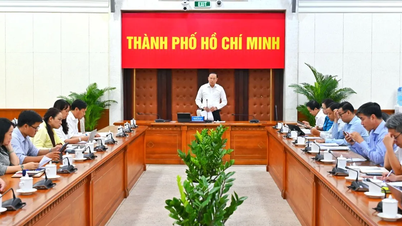

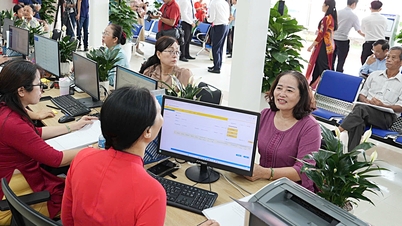



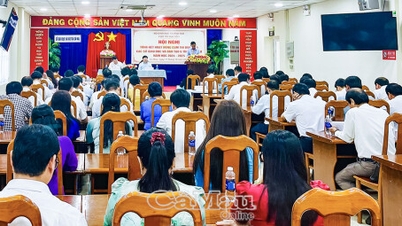

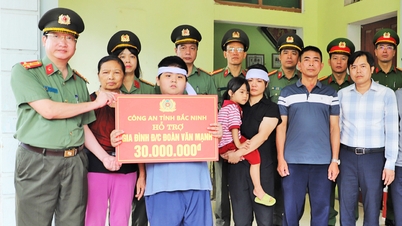

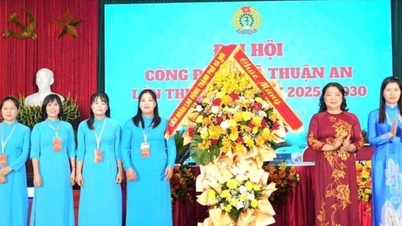



















































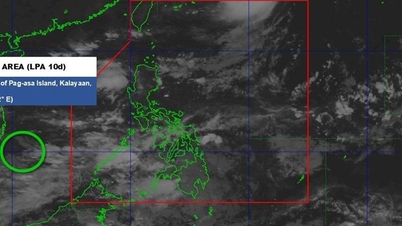




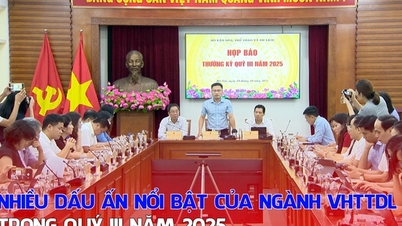
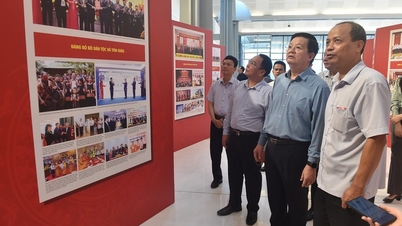
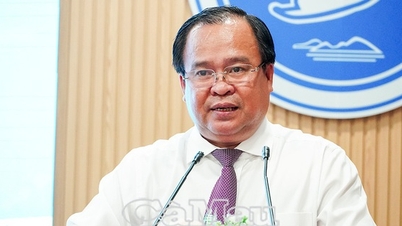

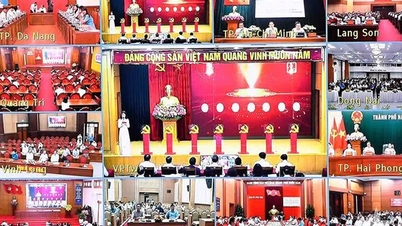
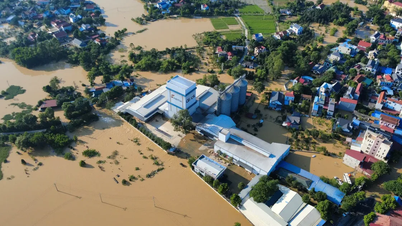
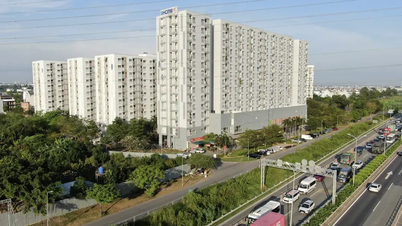


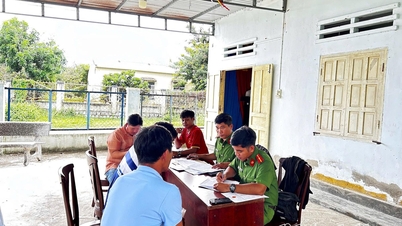


















Comment (0)